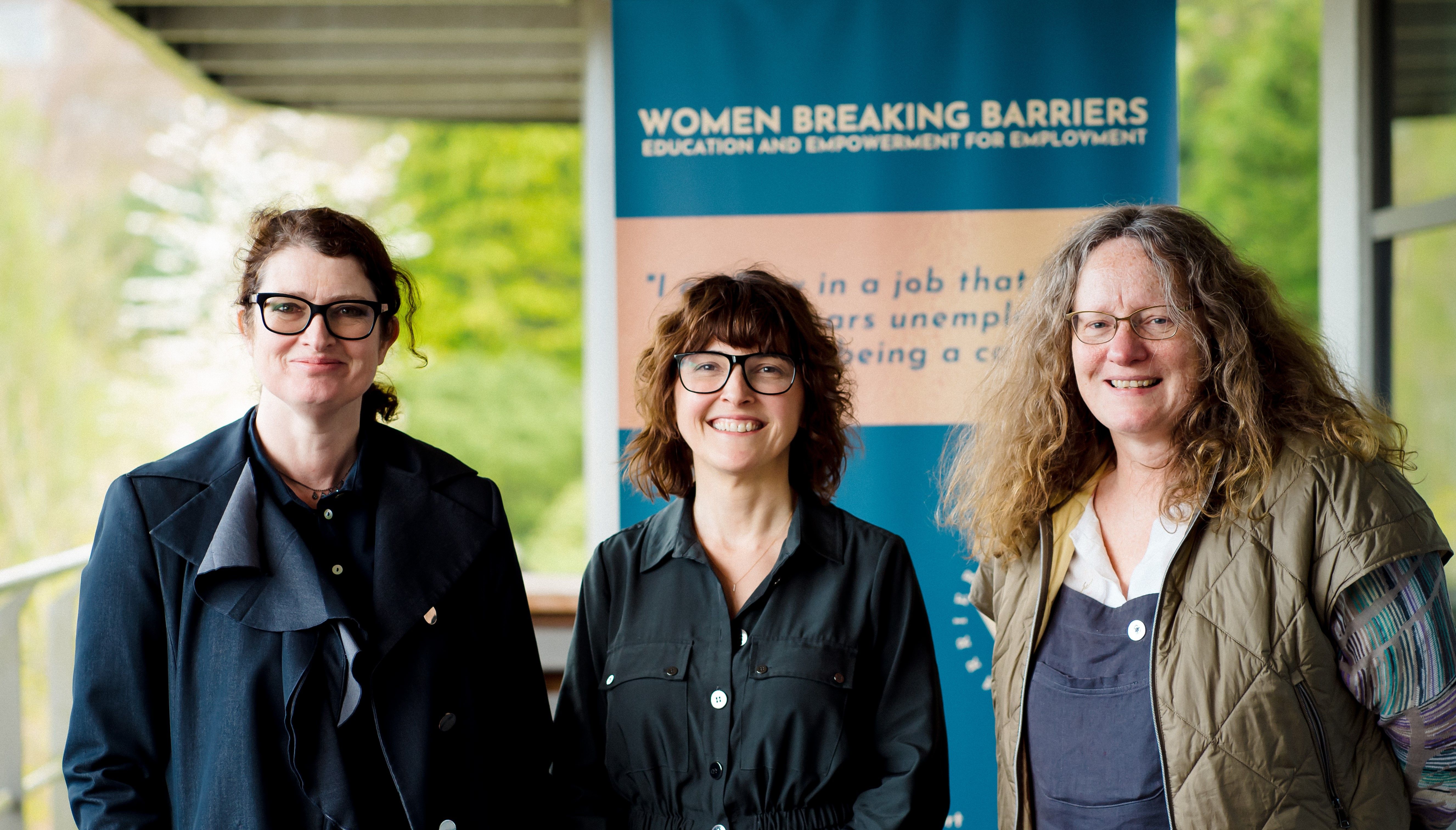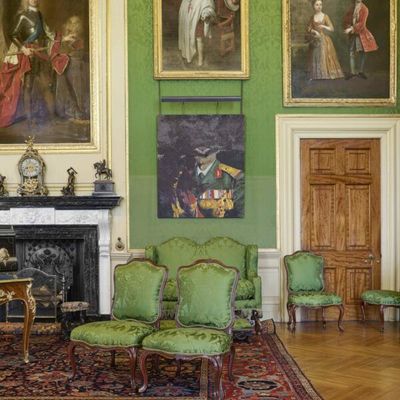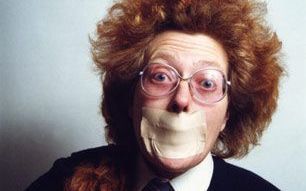Are you a woman who has thought of having a career in the TV or film industry? If so, you would have enjoyed the recent initiative from Paula Crickard head of post-production at Millennium studio Hollywood, LA.
Paula, a native of Belfast, who has worked on over 20 films, recently returned home to lead a two-day conference on the theme of women breaking barriers. The event showcased talent in all areas of the TV and film industry.
Carly Paradis, composer and musician on the highly acclaimed Line of Duty series, spoke of her love of music and her winding route to her current status as a BAFTA nominee. She talked about her desire to make music every day and the joy of "secretly manipulating the viewer with her musical scores". She also referenced the time she was cancelled as a composer – which is one vital step in every TV and film composer's career.
Louise Gallagher of Hat-Trick Productions in Derry spoke of her circuitous route from taking a course in community radio to her current position as producer. She hailed those women who have come to the sector later in life and who are self-starters with different organisational skills which are needed in the sector.
All the speakers highlighted the skills shortage locally. The sector, which has mushroomed thanks to the demands of online streaming platforms, has many opportunities in all areas of the industry. Paula Crickard when starting out was given a chance by NVTV locally. There came a point when she felt she had to leave to progress in the industry. However, now the industry has developed so much in the North this is no longer the case. Women can have a good career without leaving the region. NI Screen promoted their training schemes and the wide variety of bursaries on offer to people wishing to take a step into the industry. Screen skills are a good starting point for much of the training.
The ethnic diversity of the audience was really encouraging and many spoke of production houses having gender equality targets, so opportunities have expanded in this area.
A participant asked if the Me Too movement had changed anything for women who often bore the brunt of harassment in the industry.
"The industry is at a crossroads," said Paula. "We realise what the problems are and the changing behaviours that are required. Now everyone working on a project has a mandatory requirement to complete diversity training, bullying and harassment and unconscious bias training. This makes an enormous difference."
One of the barriers the audience identified was simply knowing what some of the different skill areas are. Lucy Bright has carved out a career in music supervision, yet many didn’t even know the role existed. It turns out she sorts out the music rights for TV and film and acts as an agent for composers. The clips shown of some of her work highlighted the complex area and legal challenges of having any music in a production.
Nicola Waddell spoke of people in the industry who are biopolar or have ADHA. There are opportunities for people who love to work on their own and are less sociable as well as people who love to work in a team. Key takeaways from the conference were that it all seemed very accessible and Belfast MET, Ulster University, Queen's and SERC all have training that was not available until recently. It was emphasised that many people working in the industry have not been training to degree level or did not start their careers thinking that working in the industry was a career goal.
On the artistic side, Vesselina Georgieve, a visual effects supervisor on over ten big action films, including London has Fallen and Hellboy, spoke of her start with a fine art degree. She now runs a business with over thirty employees in Bulgaria. There are many roles and skills required, from being a colourist to animation and visual effects. "It is easier to learn the technical skills than it is to learn to be an artist,” she said.
It struck me how many came into the industry by chance and with much of the production going online over the last few years, people can work from anywhere in the world. An update on the extras and casting business was given by Carla Strong, who set up the Extras Department business here, with Game of Thrones being a big driver. She started off with a large folder with pictures and details and transitioned into an online business with over 20,000 extras serving film and TV throughout Ireland. Then she moved into casting where she got to cast Derry Girls, among other productions.
The two-day conference widened out the attendees' understanding of different roles within the TV and film industry. The intergenerational, multi-ethnic audience received new information on what different roles entail and it certainly reinforced my understanding that it’s not something you have to start a career in when you leave school. The industry is likely to continue expanding, so whether you are considering it as a second career or a first, there are many opportunities to travel and have a good career. Full marks to Women Breaking Barriers for the high-level speakers and excellent organisation.
Women Breaking Barriers is for women in NI wishing to expand their horizons and is supported by the UK Government's UK Community renewal fund. It offers many courses across the women’s centre network and online and is a great go-to for an eclectic mix of accredited training. The conference was organised by Women Breaking Barriers in partnership with WRDA, Women’s support Network and NI Rural Women’s Network and sponsored by NuBoyana Film Studios.







